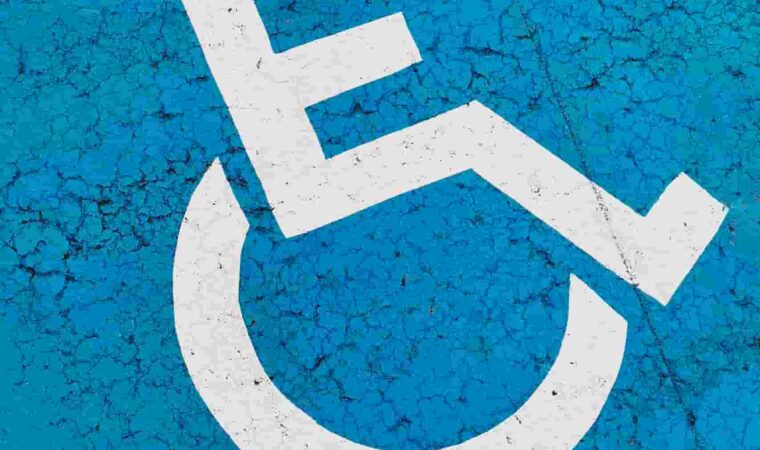By: Cassandra Brandt
Words can have significant power. Their capacity to cause pain cannot be diminished by quotes about sticks and stones holding the only real threat to well-being. Certain words and labels can even be triggers of trauma for a person with a disability such as a spinal cord injury.
Terms that have seen their day and need to be shelved such as “wheelchair-bound, handicapped, crippled, lame” are still widely used in our society regardless of advocate efforts to filter them out.
Slurs are still often thrown about which refer to a mental state: Take for example, “blind”, to indicate ignorance or “psycho” to indicate upset behavior. These are real medical diagnoses standing in as insults, and this insults the people with these disabilities.
Ableism is discrimination against individuals whose bodies are different
Ableism shows up in society in many ways, and one is in our discourse; there are still too many ableist terms floating around!
Some terms are more subtle than the slurs discussed, yet they’re equally cringe-worthy. As an individual with a spinal cord injury, I don’t feel “bound” to my wheelchair; My wheelchair is what liberates me, and many a person with paraplegia or quadriplegia would tell you the same. Taking the term “wheelchair bound” out of use is important to many people with mobility disabilities.
Some slurs are still just that, when applied to accessibility. The term “handicapped parking space”, for instance, points at disability like it’s the deficit. The problem isn’t the wheelchair; it’s with the parking spaces that don’t accommodate it. The parking spots that do, should be referred to as accessible parking spaces.
Ableism is a whole attitude, a mindset that puts people with disabilities into a sort of second class. It’s electing not to view people with disabilities as individuals; to the ableist, inclusive policies, accommodations and language are inconsequential. In turn, they stereotype and discriminate without always realizing it and the slurs slip.
Even the term “disabled” which stands in for “handicapped” now, can be offensive in context. For example, using “disabled” as the defining adjective to describe a person can be interpreted as ableist. Not many individuals with disabilities enjoy being described as the “disabled friend”. When someone describes me as “my (insert another adjective that describes me) friend with a disability” it’s always noticed and appreciated. And certainly never “suffers from a disability”; most individuals wouldn’t prefer to be described as suffering their way through life.
Inclusive language avoids old epithets for people with disabilities
When working with people with disabilities like spinal cord injuries, it’s important to use this inclusive language, and educate colleagues about ableist terminology and how to avoid it, too.
Ableism doesn’t come from a place of hate; it’s a product of ignorance. That’s why education about avoiding it is so imperative.
Words really matter. It’s even possible to feel mildly marginalized by metaphors for mental strength like “still standing” and other references toward physical endurance.
Ableist language can and does lead to ableist behavior. In defining people by their disabilities, one dehumanizes them, and that can only lead to exclusive politics.
People with spinal cord injuries experience ableism in many ways: inaccessibility is a big one. Equity in accessibility just to get our wheelchairs into business establishments was hard fought for.
I still catch myself; I recall using “blind” as a synonym for “ignorant” just the other day. Shelving such metaphors and epithets makes language inclusive for people with spinal cord injuries and other disabilities.
Being mindful of our words when speaking to and about people with disabilities is essential to avoid ableism and maintain a positive relationship with clients with spinal cord injuries. Working together to eliminate potentially offensive vocabulary can really foster that.

